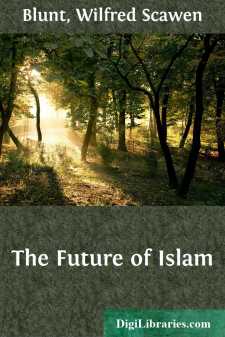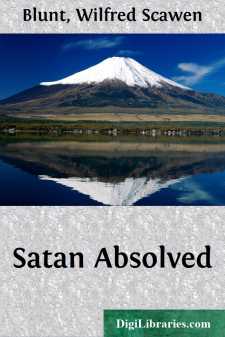Categories
- Antiques & Collectibles 13
- Architecture 36
- Art 48
- Bibles 22
- Biography & Autobiography 816
- Body, Mind & Spirit 145
- Business & Economics 28
- Children's Books 17
- Children's Fiction 14
- Computers 4
- Cooking 94
- Crafts & Hobbies 4
- Drama 346
- Education 58
- Family & Relationships 59
- Fiction 11834
- Foreign Language Study 3
- Games 19
- Gardening 17
- Health & Fitness 34
- History 1378
- House & Home 1
- Humor 147
- Juvenile Fiction 1873
- Juvenile Nonfiction 202
- Language Arts & Disciplines 89
- Law 16
- Literary Collections 686
- Literary Criticism 179
- Mathematics 13
- Medical 41
- Music 40
- Nature 179
- Non-Classifiable 1768
- Performing Arts 7
- Periodicals 1453
- Philosophy 66
- Photography 2
- Poetry 897
- Political Science 203
- Psychology 45
- Reference 154
- Religion 516
- Science 126
- Self-Help 85
- Social Science 82
- Sports & Recreation 34
- Study Aids 3
- Technology & Engineering 59
- Transportation 23
- Travel 463
- True Crime 29
Wilfred Scawen Blunt
Wilfred Scawen Blunt (1840–1922) was an English poet, writer, and diplomat known for his political activism and romantic verse. He was a passionate advocate for anti-imperialism, particularly in the Middle East, and was sympathetic to Arab and Egyptian nationalist causes. Blunt is well-known for his poetry collections like "The Love Sonnets of Proteus" and his political writings such as "The Future of Islam." He was also an eccentric figure, raising Arabian horses and leading a colorful personal life that included friendships with notable figures like Oscar Wilde and George Bernard Shaw.
Author's Books:
Sort by:
CHAPTER I. CENSUS OF THE MOHAMMEDAN WORLD. In the lull, which we hope is soon to break the storm of party strife in England, it may not perhaps be impossible to direct public attention to the rapid growth of questions which for the last few years have been agitating the religious mind of Asia, and which are certain before long to present themselves as a very serious perplexity to British statesmen;...
more...
PREFACE In publishing this poem, the Author feels that some apology is needed. It deals with matters of a kind not usually treated in modern verse, and which ask to be approached, if at all, with dignity and reverence. He trusts that he will not be found lacking on this essential point. Nevertheless, he cannot expect but that he may wound by his plain speaking the feelings of those among his readers...
more...



